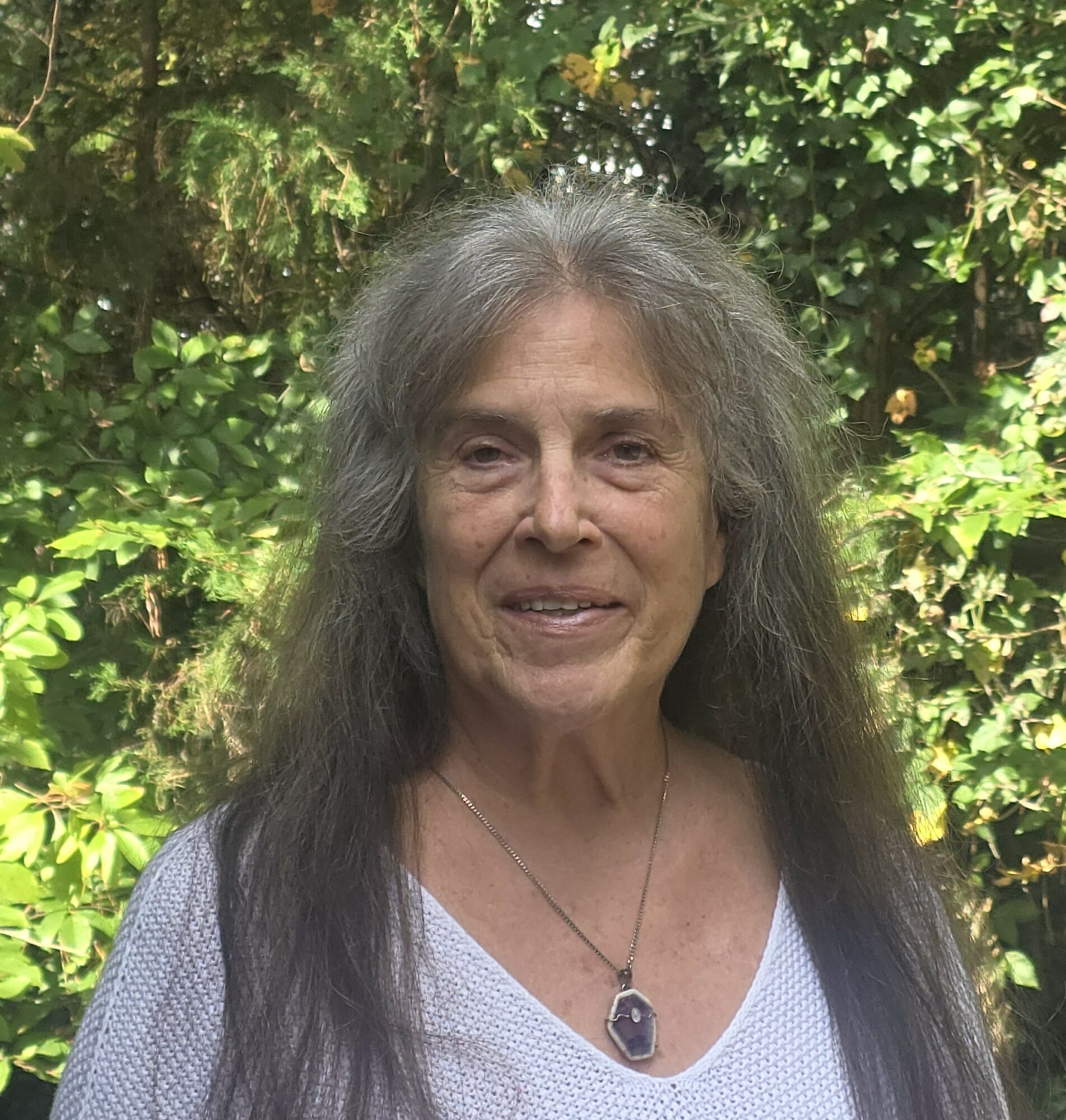

Today we’d like to introduce you to Teresa Descilo.
Hi Teresa, so excited to have you with us today. What can you tell us about your story?
From my bio and retirement statement made for me: The Long, Strange Trip to Healing
How Teresa Descilo Turned a Life of Inquiry into a Global Movement for Trauma Resolution
Just over fifty years ago, an entire generation was questioning everything they’d been taught about what was true, necessary, and right. One hundred thousand of them made their way to San Francisco for what would become known as the Summer of Love. Teresa Descilo—known to many simply as “Tree”—was already there. Haight-Ashbury was her neighborhood, her classroom, and the birthplace of her lifelong curiosity about consciousness, compassion, and the healing of the human spirit.
Less than a year later, while her peers were getting their driver’s licenses, Teresa was collecting passport stamps across Europe, beginning what she now calls the “long, strange trip” that eventually led her to found one of the most innovative trauma-healing organizations in the United States.
In 1995, she established the Trauma Resolution Center (TRC) in Miami, the first trauma-focused community mental health center and later, the first trauma-focused state-licensed substance abuse and mental health out-patient program in the country. From the start, she refused to accept that anyone should be permanently labeled by a diagnosis. “Most things pass,” she says. “Or can be worked through with discipline, compassion, and a little facilitation .”
Her vision was radical for its time—integrating body, mind, and spirit long before holistic care was part of the mental health lexicon. Over the next two decades, TRC served more than 14,000 survivors of domestic violence, childhood abuse, sexual assault, human trafficking, homicide, and every imaginable form of trauma.
What set Teresa apart was her commitment to evidence. She tracked outcomes using validated measures for PTSD, depression, and anxiety, demonstrating that people could and did heal when provided the right tools. Her data caught the attention of national leaders. In 2015, the Acting Deputy Administrator of SAMHSA described her as “extremely progressive” and “a fantastic personality in vivo, in a new-age meets MacArthur genius kind of way.”
But numbers tell only part of the story. Teresa’s work has always been grounded in the fierce compassion of someone willing to confront darkness head-on. A close friend once described her as “a real and powerful woman… an Amazon warrior goddess superhero.” For decades, she has studied, healed, and taught healers—often with limited support and sometimes against fierce opposition.
“That’s how a real and powerful woman confronts evil,” one friend once said.
Confucius wrote, “If your plan is for one year, plant rice. For ten years, plant trees. For a hundred years, educate children.” If he had known Teresa, he might have added, “If your plan is for a thousand years, heal trauma.”
Her impact has rippled far beyond individual recovery. Letters from veterans, survivors, and clinicians describe transformations that defy words. One Vietnam-era veteran wrote that, for the first time in forty years, he found relief and “a life worth sharing.” Another came from one of the co-principal investigators of the landmark Adverse Childhood Experiences (ACE) Study, whose endorsement recognized the profound alignment between Teresa’s model and the science of trauma’s lifelong effects.
Today, as founder of the International Trauma Resolution and Resiliency Center (TTRC), Teresa is expanding her mission worldwide. Her goal is to create sister organizations that replicate the TRC model—combining measurable outcomes with deep human connection. Her approach, Traditional Trauma Resolution™, bridges ancient wisdom and modern neuroscience, restoring what she calls “the natural intelligence of the human system.”
As she steps into a new phase of her journey, Teresa continues to embody the ideals that shaped her youth: curiosity, courage, and a belief in the transformative power of love. Like the Summer of Love itself, her work is ultimately about unity—about remembering that the capacity to heal resides in every one of us.
Alright, so let’s dig a little deeper into the story – has it been an easy path overall and if not, what were the challenges you’ve had to overcome?
Noooo! For the first five years, 1995-2000, there were so many attempts to burn me at the stake. The domestic violence community was dead against any type of help for DV victims, saying, stupidly, that they had done nothing wrong and didn’t need therapy. Couldn’t get them to understand that trauma resolution asks “what happened to you? not “what is wrong with you?” For five years, the judges in DV court were forbidden to provide us with referrals until the judge in charge of national CEs said they all needed to be trained in trauma. Finding funding was always difficult…no one understood trauma or wanted to think about it and so we had a very hard time receiving the funding we needed and the agency wouldn’t have lasted as long as it did without help from the Mayor’s office in 2000. Also, I noticed early on that programs with political ties and dubious programming were more likely to get funded a program that could prove that it was effective and had no such affiliations. Another struggle for me was how victims could be treated in the system and how the child welfare system made things worse at least half of the time. I was a trainer and consultant for SAMHSA for seven years, but they would gather many fabulous trauma informed experts and we would give them great advice but they never did what we advised. I said for many years, what we now have is trauma-informed avoidance…it is still hard to get most people to understand that the ‘cure’ for traumatic memory is to remember it.
Alright, so let’s switch gears a bit and talk business. What should we know about your work?
I think what I’m going to say fits here. I started the first trauma-specific community mental health center in the US. I started the agency in 1995 and somewhere along the lines we received the status of CMHC. From the onset and to this day, our/my clients are pre and post tested for PTSD, depression, anxiety and posttraumatic growth. +NO+ in 1995 were measuring whatever they were doing for results. And because I had collected data, in 2008, when the crash happened, my agency was one of three that did not lose funding and was put in Public Safety to protect the funding. About 8 years into the agency, I realized I was missing a very important data type – qualitative – and began asking clients at the end of service: Since starting sessions with us, have you noticed any changes? If so, what are they? I have, perhaps, thousands of those statements which are what kept me going through hard times. Another piece I am really proud of has to do with how I treated employees, volunteers and interns. I was interviewed three times by SAMHSA and my policies in this, to my last knowledge, were included in the national protocols for agencies who saw traumatized clients as to their own staff. Everyone had to go through the program. Can’t resolve others’ traumas if you’re not willing to resolve your own. Also, not having stuff to trigger is the best prevention of compassion fatigue. All were able to have massage and acupuncture at a discounted rate. If one was triggered by a client, the expectation was for that person to get into session with a peer and deal with it. On agency time. We did transformational breathwork every Friday after clinical supervision. My job description included that I take care of my staff so that they can take care of the clients. Currently, I’ve been building a practice and thoroughly enjoying watching people make huge transformations. I realized I didn’t retire from my work but from stress.
What has been the most important lesson you’ve learned along your journey?
To be true to myself and what I know I know.
Contact Info:
- Website: https://WWW.TeresaDescilo.com
- Instagram: https://www.instagram.com/teresadescilo/?hl=en
- Facebook: https://www.facebook.com/ITRRP/
- LinkedIn: https://www.linkedin.com/in/teresadescilo/
- Twitter: https://x.com/TDescilo
- Youtube: @teresadescilo3973
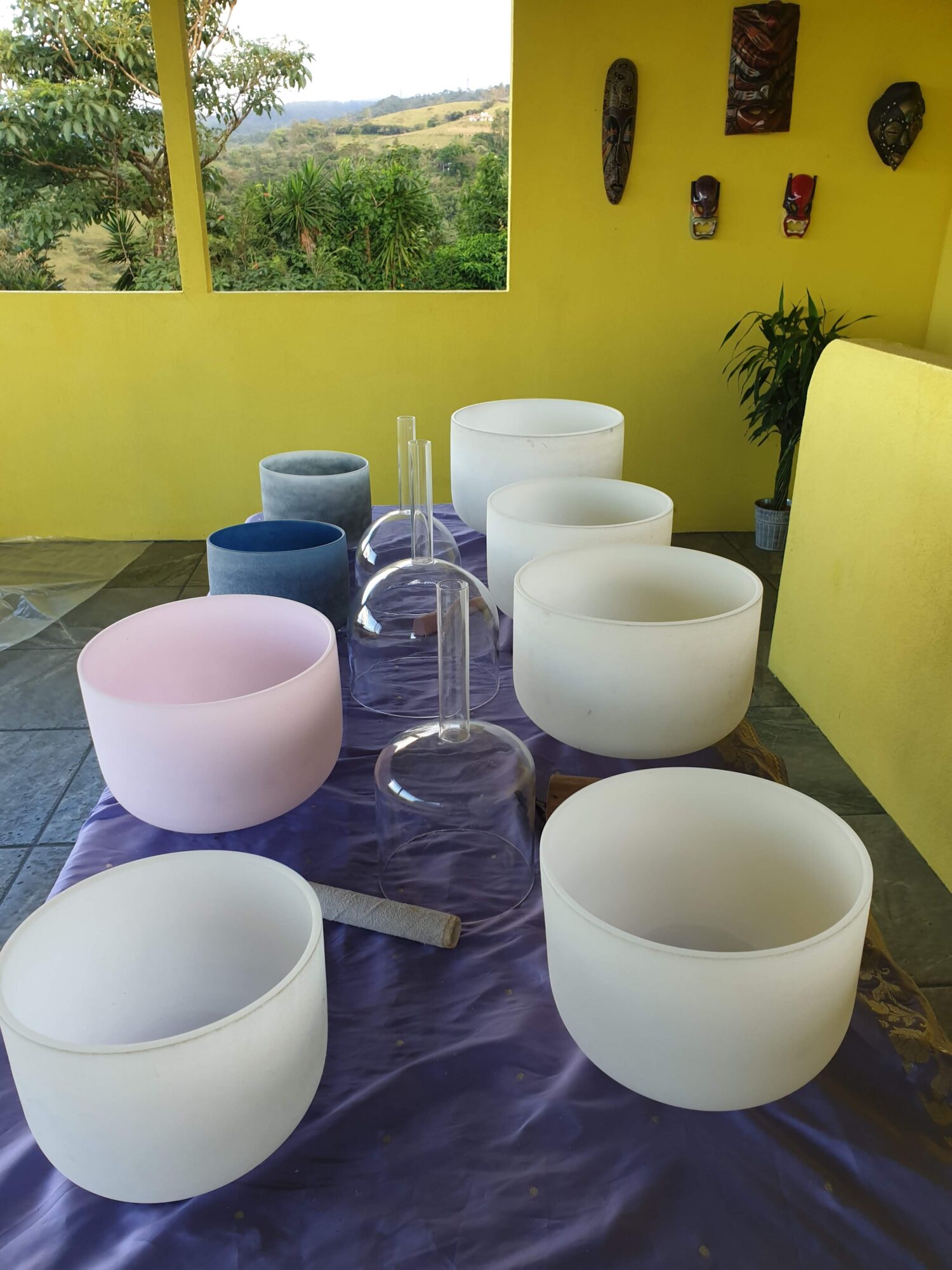
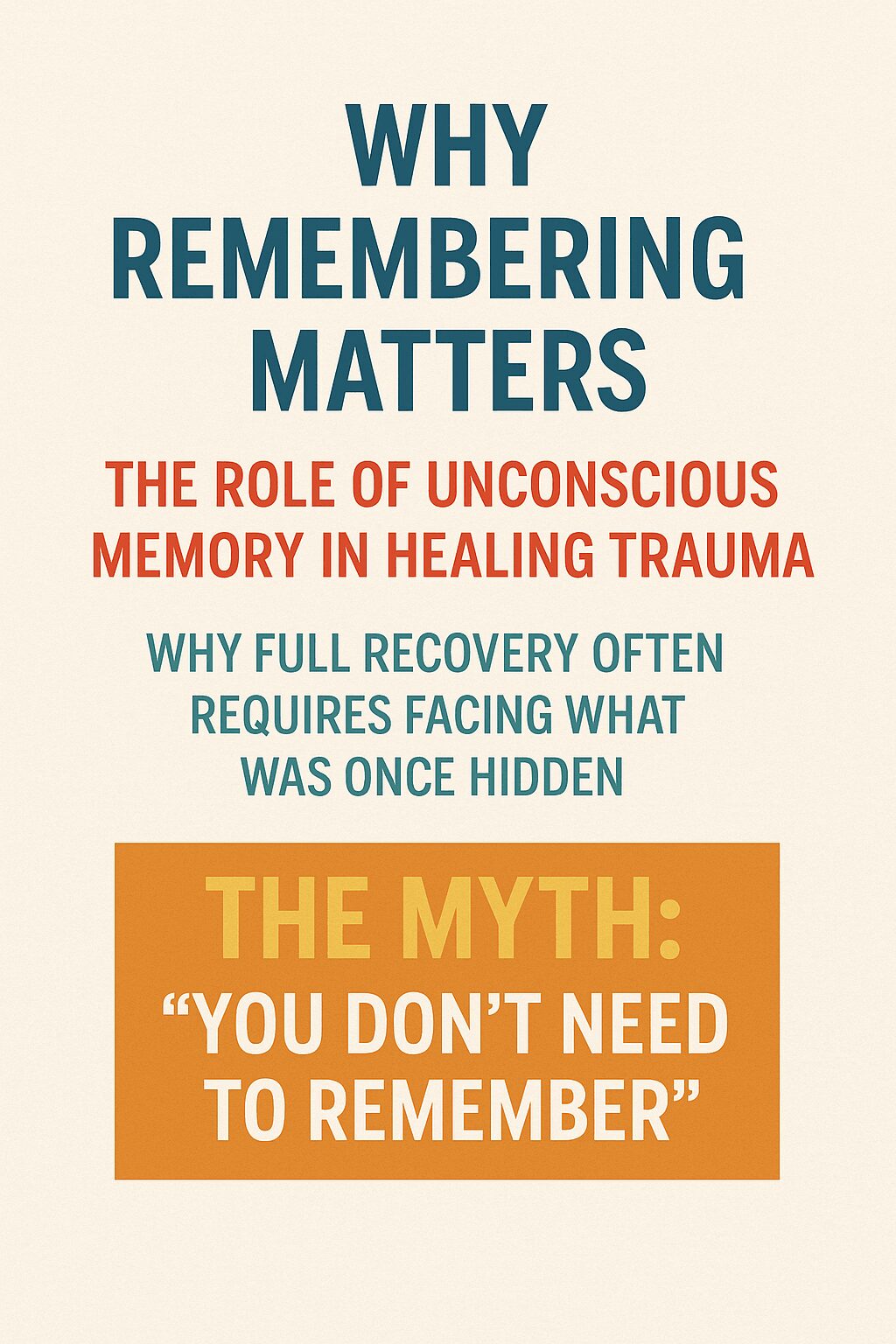
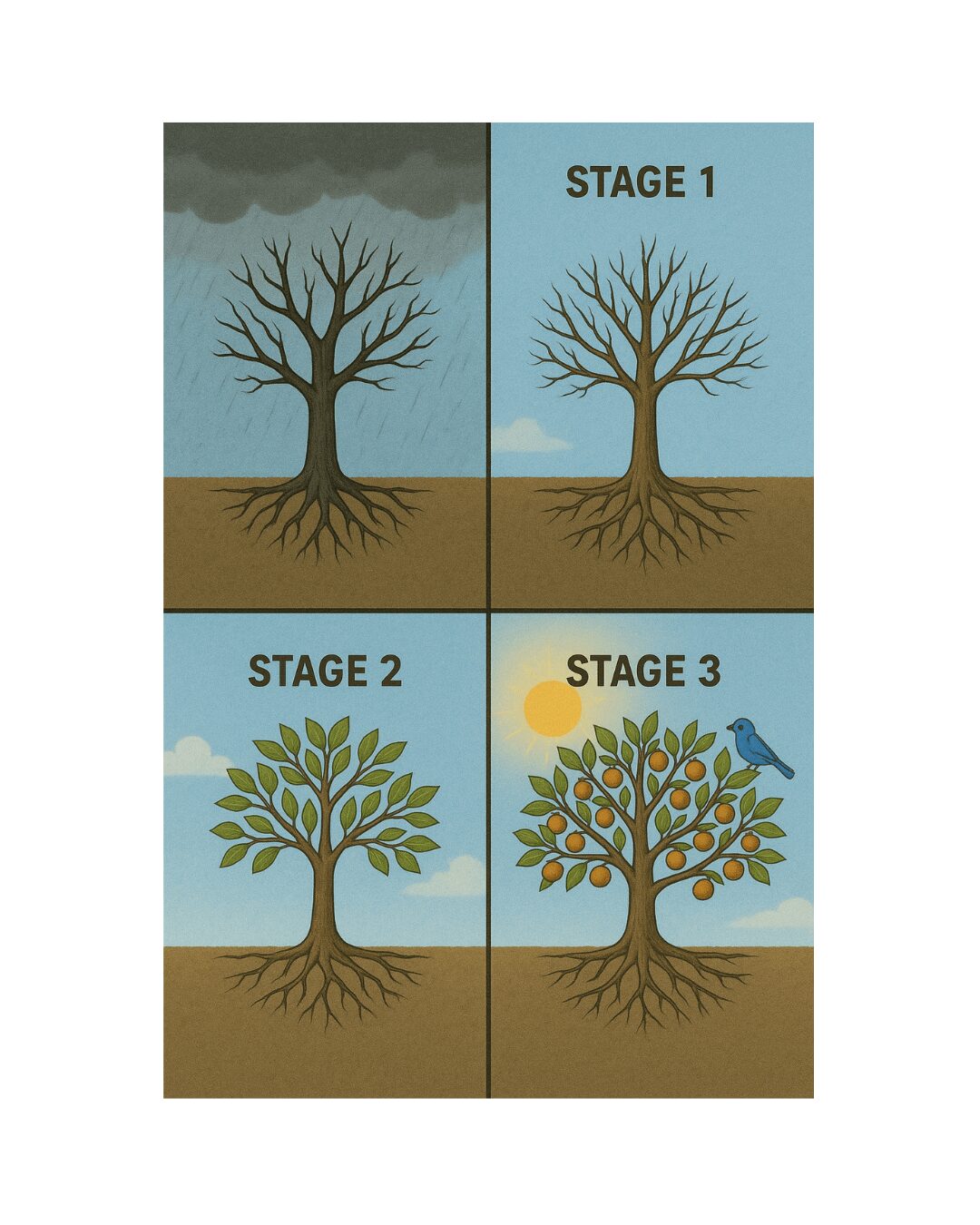
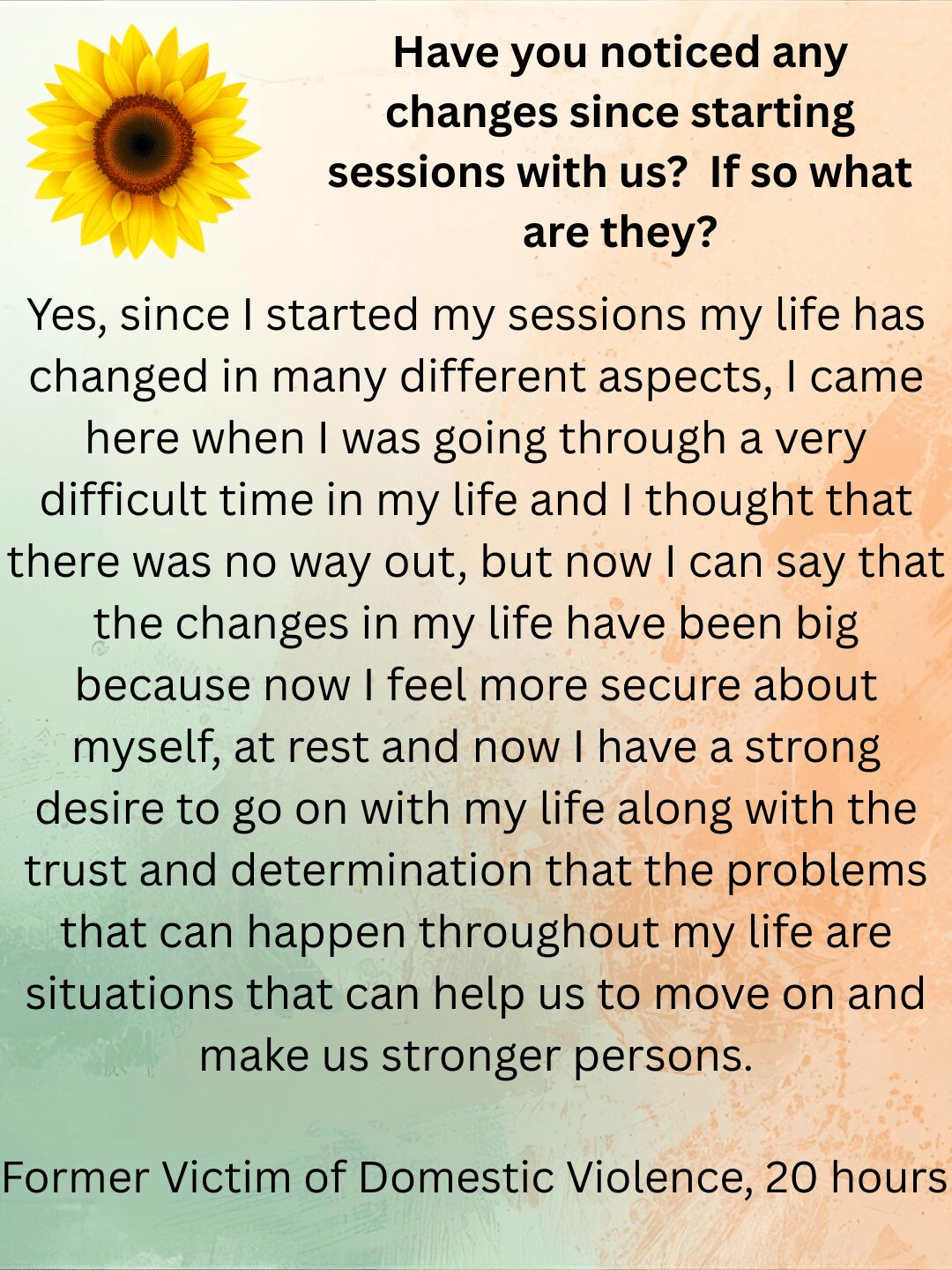
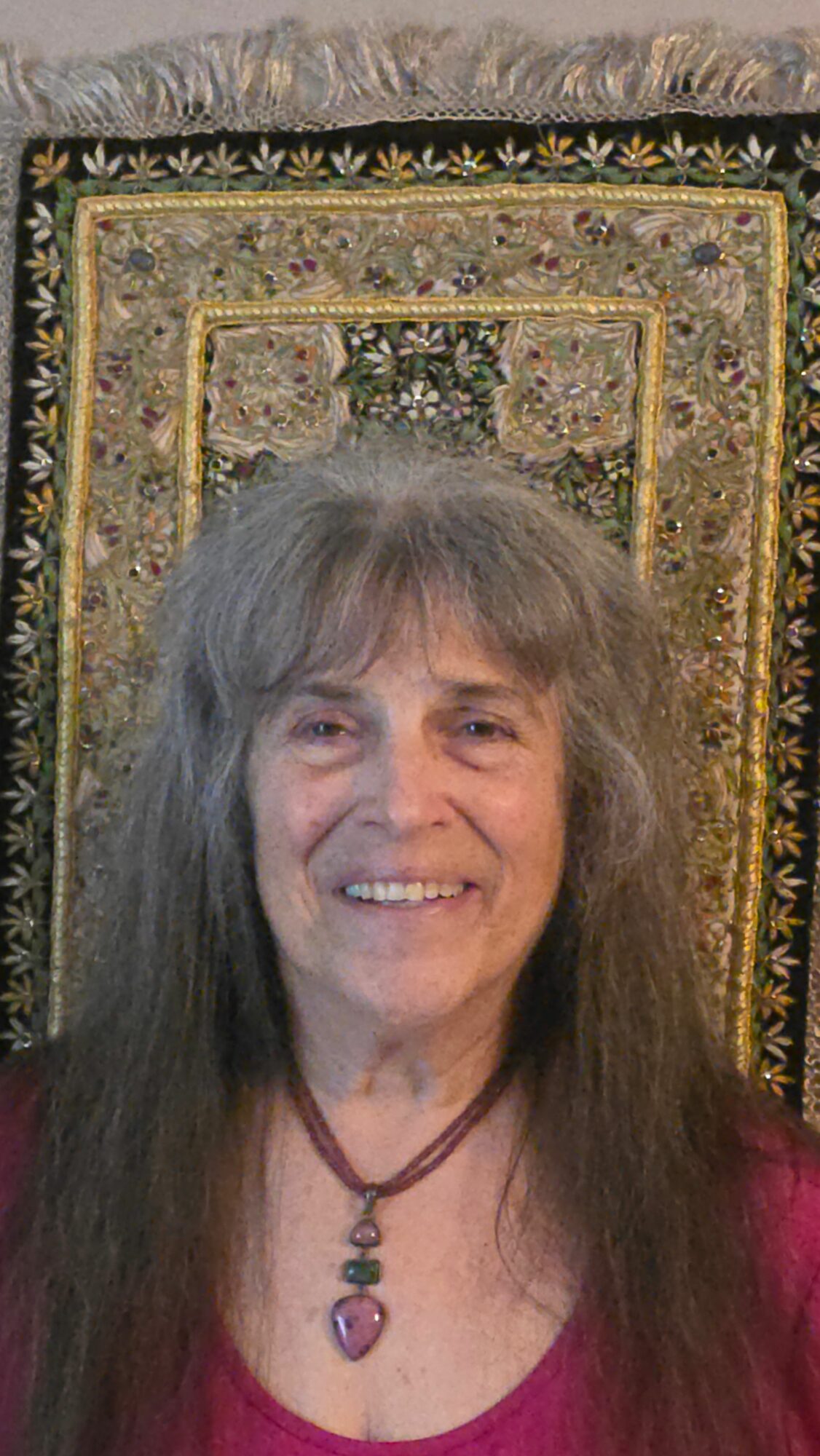
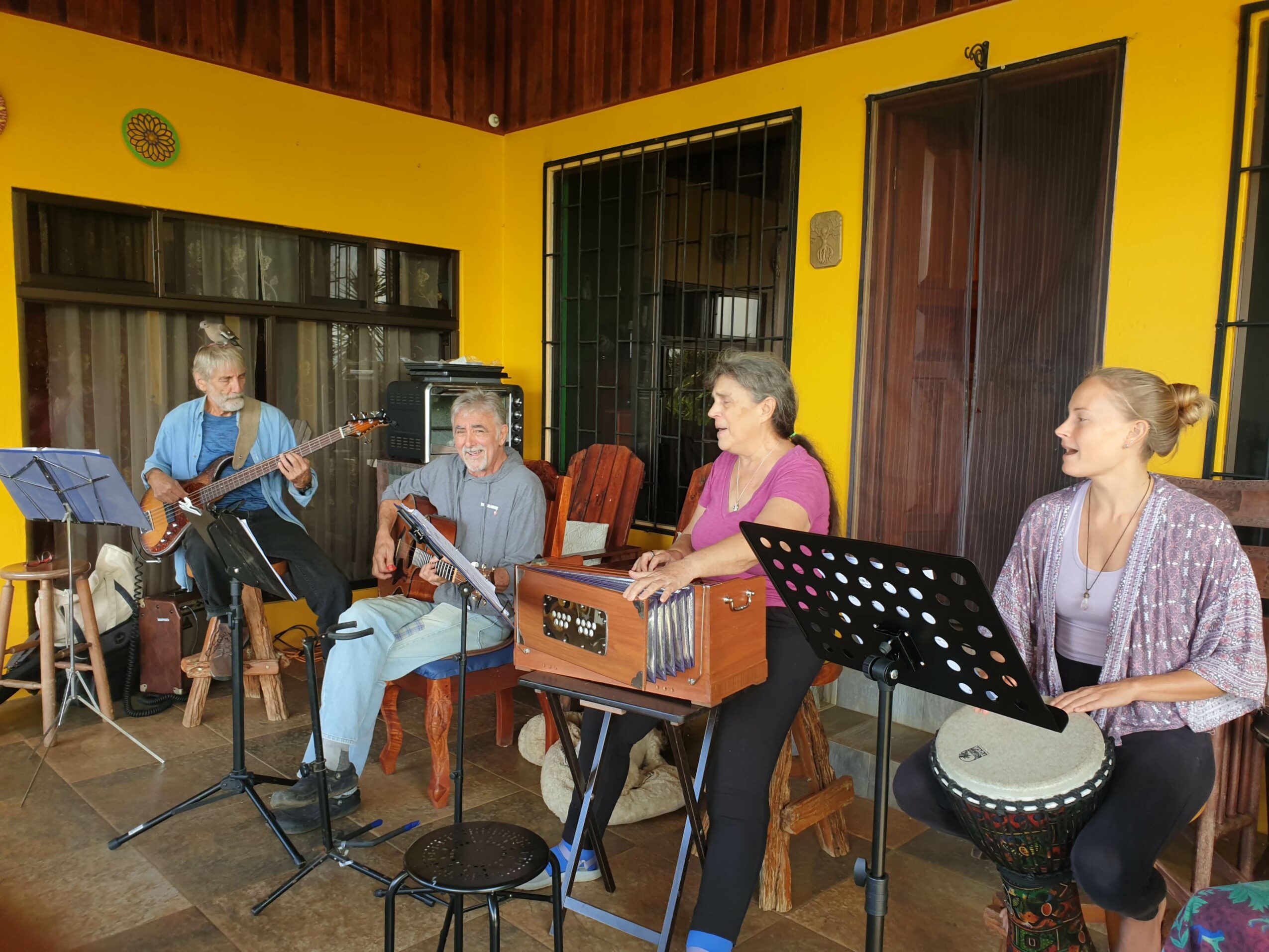

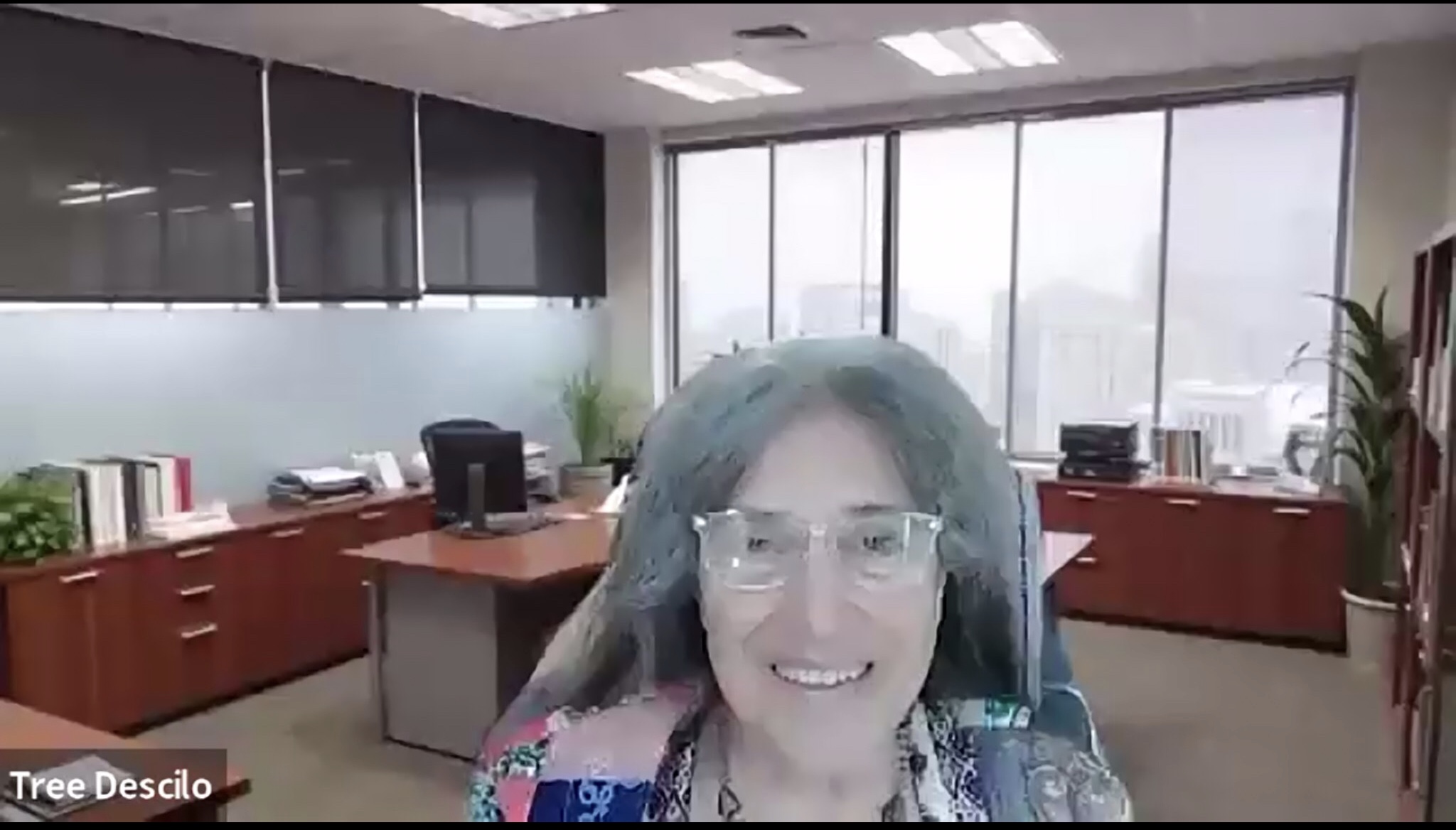
Image Credits
all home made. (can’t ya tell?:-) )













